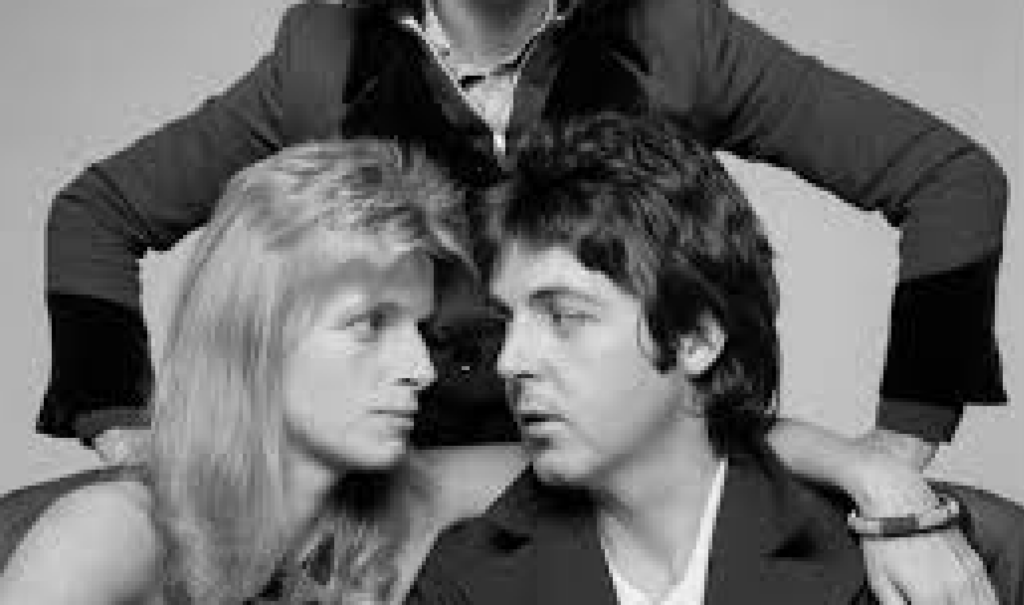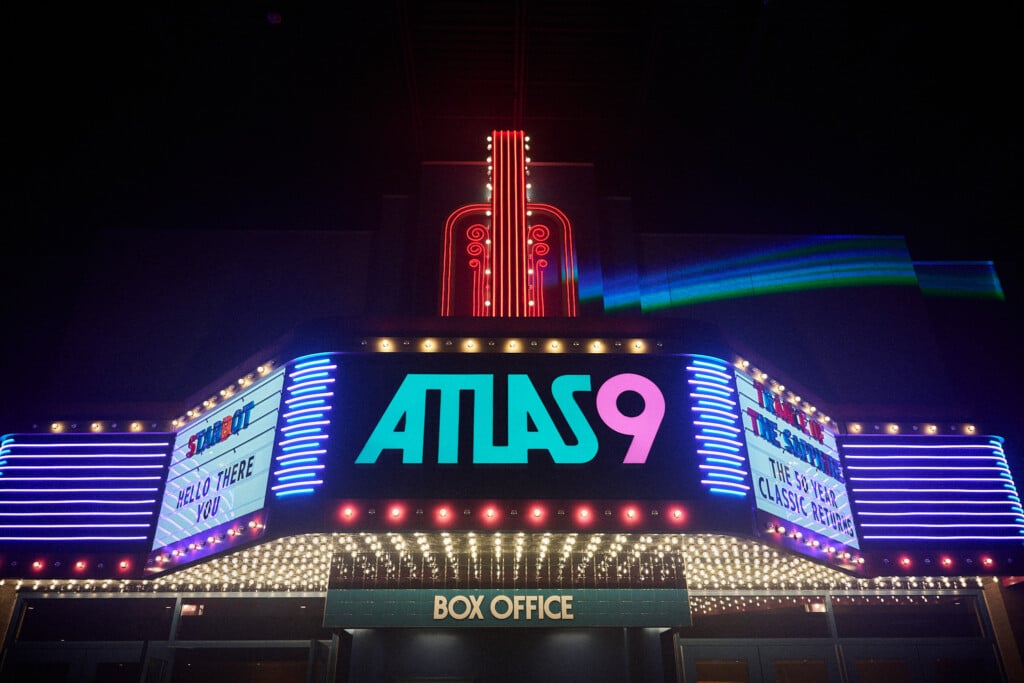Wrong Number
A man, peering through the scope of a sniper’s rifle muffled by a silencer, holds hostage someone he considers an evildoer. They communicate by telephone. The sniper insists that if his prey disconnects for any reason, he will shoot to kill. To prove he is not merely a lunatic who dialed the wrong number from a distance, the gunman will, with silent precision, shoot innocent bystanders crowded around the target. All the sniper wants is for his quarry, a glib slickster who conducts bad business, to confess to past sins — to admit to being a bad person capable of callous and cruel behavior.
Such is the plot of Liberty Stands Still (you were expecting, oh, Phone Booth?), a direct-to-DVD Lions Gate film in which Wesley Snipes holds Linda Fiorentino hostage from a distance after forcing her to chain herself to a hot-dog stand. Snipes’ Joe, an ex-CIA operative, blames Fiorentino’s Liberty, a gun manufacturer, for making and selling the rifle someone used to gun down his little boy. To make his point, Joe turns one of Liberty’s own firearms against her, which is about as subtle as Michael Moore — but at least Joe has more motivation for his itchy trigger finger than Kiefer Sutherland in Phone Booth, which bears more than a passing resemblance to Liberty Stands Still. Maybe Lions Gate should retitle its doomed project Food Cart.
Not that there’s much to either film. Somebody’s got a gun, somebody else is trapped in place for the better part of eighty minutes (Colin Farrell here — and the audience), the cops show up, people get picked off, and the protagonist just might learn what it means to be a better person. Think of Phone Booth, directed by Joel Schumacher from a story idea that’s been making the rounds since Hitchcock was alive, as a radical remake of Regarding Henry.
Phone Booth, delayed after the sniper killings of 2002, really plays more like a sick joke, the director’s revenge on publicists. It’s his Sweet Smell of Success, with Farrell in the Tony Curtis role as Stu Shepard, the unctuous grubber who will sweet-talk bad clients and lie to columnists to get his no-talents a cheap mention in the tabloids. Farrell, barely concealing his Irish brogue beneath a New Yawk blurt, walks fast, dresses flash, talks loud and treats underlings like something stuck to his shoe. Stu’s got a wife at home (Radha Mitchell) and a fantasy girl on the side (Katie Holmes) but loves no one as much as himself, which is why Kiefer Sutherland’s heard-but-never-seen sniper picks him as prey. Sutherland’s “Caller” believes Stu to be “guilty of inhumanity to others,” like the pornographer and corrupt CEO he’s also assassinated.
That Stu is more selfish annoyance than perpetrator of evil deeds is but one reason you never buy the premise. A narrator has to explain to us that some people still use the phone booth at 53rd Street and 8th Avenue, “the last vestige of privacy on the West Side.” (The movie was actually shot in Los Angeles.) Then you have to buy the fact that Stu always manages to make it to the same booth at the same time every single day so he can call Holmes.
Schumacher, the man who killed Batman, at least made the movie quickly and cheaply. And every now and then, you are suckered into its stunt, maybe because Farrell is charismatic enough to hold your attention when Sutherland’s not droning on and on and trying to divert it. Forest Whitaker is amusing as the cop who won’t shut up about his marital problems and what he learned in therapy (and there it is). But the movie is so hung up on its gimmick that it never transcends it. Kiefer should have called Moviefone.




